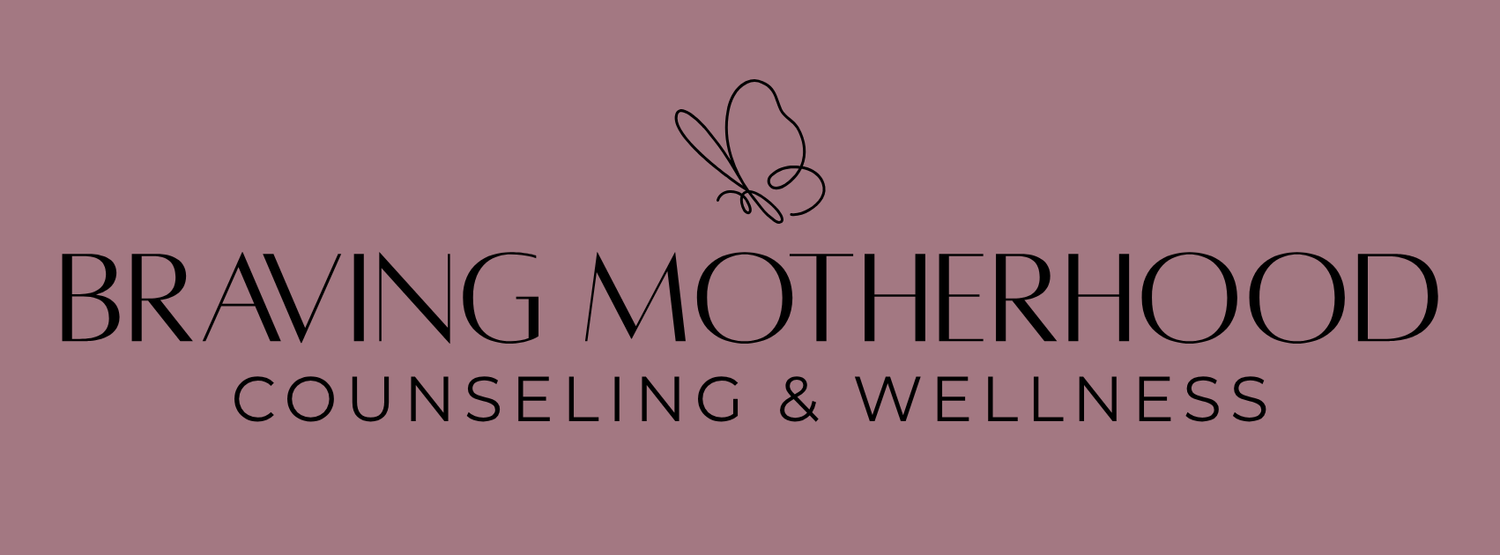Postpartum Anxiety Is Real—Here’s What It Can Look Like in
When people talk about postpartum struggles, depression is usually the first word that comes up. But what if you’re not feeling sad—you’re just on edge, can’t sleep (even when the baby’s sleeping), and feel like something terrible is always about to happen?
That’s not “just being a new mom.” That might be postpartum anxiety—and it’s more common than most people realize.
What Is Postpartum Anxiety?
Postpartum anxiety (PPA) is a mood and anxiety disorder that can develop any time during pregnancy or in the first year after giving birth. It’s characterized by persistent, excessive worry, restlessness, and fear that can interfere with daily functioning and emotional well-being.
It often flies under the radar because it doesn’t always look like the “classic” image of postpartum depression. You might not be crying all the time or feeling hopeless—but you may be:
Constantly worrying about your baby’s health or safety
Obsessively checking on them while they sleep
Unable to relax, even when you have help or a break
Struggling with racing thoughts or a feeling that something bad is about to happen
Experiencing physical symptoms like a racing heart, tight chest, nausea, or insomnia
“I Thought It Was Just Me…”
Many mothers don’t recognize their symptoms as anxiety. They chalk it up to being a “first-time mom,” a “worrier,” or someone who’s just tired and overwhelmed. And to be fair—motherhood is overwhelming. But if your anxiety feels constant, intrusive, or exhausting, you deserve more support than just “give it time.”
Left unaddressed, postpartum anxiety can impact your sleep, bonding with your baby, your relationships, and your overall well-being. You don’t have to wait for it to “get worse” before seeking help.
Why It Happens
Hormonal shifts, sleep deprivation, physical recovery, and the enormous emotional transition into motherhood all contribute to postpartum anxiety. It’s not a personal flaw or a failure to “handle it”—it’s a response to a very real and often unsupported life change.
You’re also more likely to experience postpartum anxiety if you:
Have a personal or family history of anxiety or panic
Experienced a traumatic birth
Have a baby in the NICU or with medical needs
Have perfectionist tendencies or a strong fear of losing control
How Therapy Can Help
Therapy provides a safe, nonjudgmental space to process what you’re going through. Together, we can work on:
Identifying and untangling anxious thought patterns
Developing grounding and calming strategies
Rebuilding confidence in your intuition and coping skills
Gaining perspective and self-compassion
Through perinatal-focused therapy, you’ll learn that anxiety doesn’t define you—and it’s possible to feel more grounded, present, and in control again.
You’re Not Failing—You’re Just Human
Being deeply affected by something doesn’t make you weak. It makes you human. And seeking support is one of the bravest things you can do—for yourself and for your baby.
If this post resonates with you, you’re not alone. And you don’t have to keep holding it all in.
Reach out today to schedule a free consultation. Let’s talk about how therapy can support you in this season of motherhood—gently, bravely, beautifully.

